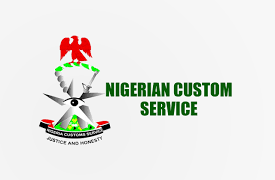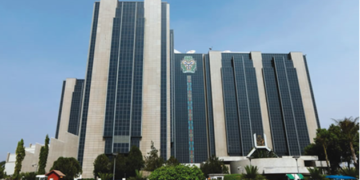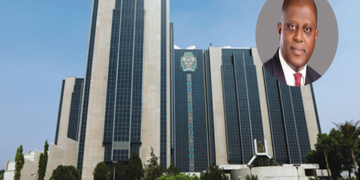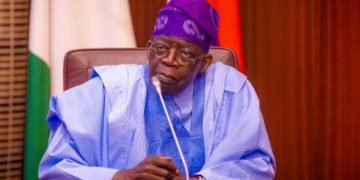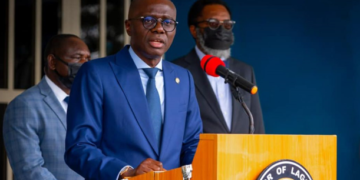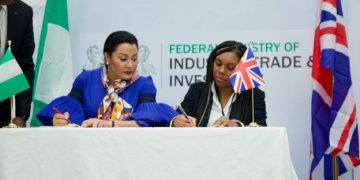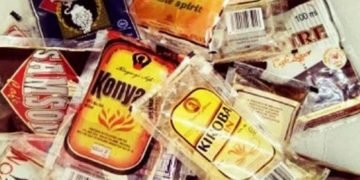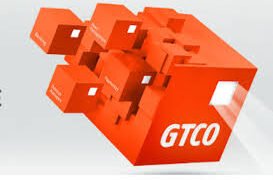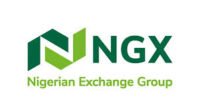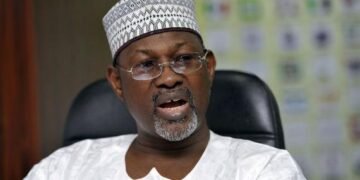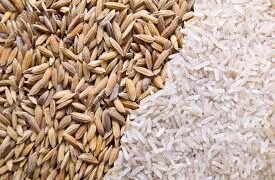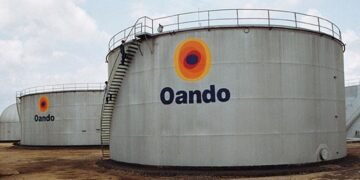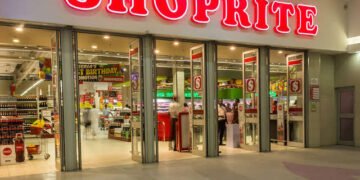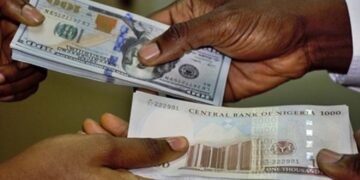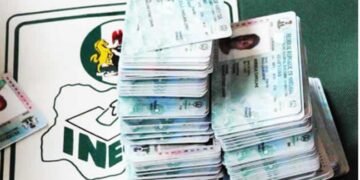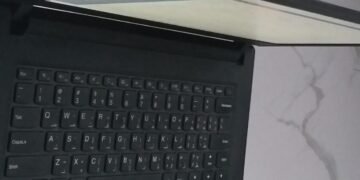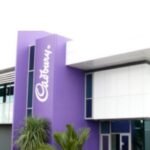Unilever Nigeria Plc (NGX: UNILEVER) has posted a profit of ₦12.27 billion from continuing operations for the twelve month period ended December 2023.
Also read; Otedola explains why he is buying Dangote Cement shares
A review of the financial reports shows that the company achieved a 105.87% year-on-year growth in profit.
The unaudited interim financial statements for the twelve months period released by the company shows a revenue of ₦97.43 billion, 50.73% higher than the ₦64.64 billion posted in 2022.
Investogist reported in March 2023 that Unilever would be making changes to its business model in order to accelerate growth and sustain profitability. The company said it would be repurposing its portfolio by exiting the Home Care and Skin Cleansing categories to concentrate on higher growth opportunities.
In its interim report, Unilever stated that production and sales for Home care and Skin cleansing business categories ceased in December 2023.
Analysis of Statement of Profit or Loss and Other Comprehensive Income
Revenue: ₦97.43 billion was reported in 2023, 50.73% growth on the ₦64.64 billion reported for the same period in 2022.
Food products business segment brought in ₦63.09bn (2022: ₦43.36bn) while Beauty & Wellbeing and Personal Care business segment brought in ₦34.33bn (2022: ₦21.28bn).
Home care & Skin cleansing business segment brought in ₦16.48bn (2022: ₦23.92bn)
Unilever spent ₦67.56bn selling its goods, 76.37% higher than the ₦38.30bn it spent last year.
Gross Profit: The company posted a gross profit of ₦29.87bn, 13.44% higher than the ₦26.33bn it posted in the preceding year.
Marketing & Administrative Expenses: ₦13.33bn was spent in 2023, 5.54% lower than the ₦14.12bn spent in the preceding year.
Unilever spent ₦7.37bn on brand and marketing, while ₦5.85bn was spent on overheads. Included in overheads is ₦1.6bn revaluation gains on foreign currency denominated receivables.
Selling & distribution expenses: ₦3.89bn was spent, against ₦2.61bn spent in 2022, a 48.74% rise.
Net Finance Income: Unilever earned net finance income of ₦3.42bn, against an income of ₦1.33bn in the preceding year.
While ₦3.42bn came in a finance income, ₦3.15bn was booked as finance cost.
Profit before taxation: ₦17.40bn was reported, 87.04% growth from the ₦9.30bn reported in the preceding year.
Profit for the period: Unilever posted a 105.87% growth in profit, from ₦5.96bn to ₦12.27bn.
Analysis of Statement of Financial Position:
Assets: Unilever’s total assets rose to ₦120.91 billion, 3.57% lower than ₦125.38 billion held as at December 31, 2022.
Cash and bank balances make up more than half of the company’s total assets, even though it dropped from ₦66.31bn to ₦56.60bn.
Trade and other receivables rose from ₦21.24 billion as at Dec. 31, 2022 to ₦31.29bn as at 31 December 2023.
Liabilities: Total liabilities dropped to ₦46.46 billion from ₦57.82 billion as at 31 Dec. 2022.
The major component on the company’s liabilities is trade and other payables that stood at ₦37.61bn.
Equity: The total equity went up by 10.19% to ₦74.45bn (31 Dec. 2022: ₦67.56bn).
Share premium represents a bulk of the equity with ₦56.81bn, while retained earnings accounted for ₦14.76bn.
Analysis of Statement of Cash Flow
Net cash of ₦2.68bn was used in operating activities, against ₦12.03bn used in 2022.
Net cash flow of ₦1.24bn was generated from investing activities, against ₦669.42 million generated in 2022..
Net cash used in financing activities was ₦7.26bn, against ₦1.827 used in 2022.
At the end of the period, the company has a cash and cash equivalent of ₦56.60bn (31 Dec. 2022: ₦66.31bn).
About the company
Unilever Nigeria Plc. was established in 1923 as a soap manufacturing company – West Africa Soap Company– by Lord Leverhulme.
It later became known as Lever Brothers Nigeria Plc. Today, it is the longest serving manufacturing organization in Nigeria.
After a series of mergers and acquisitions, the Company diversified into manufacturing and marketing of foods, home care, beauty and personal care products.
These mergers and acquisitions resulted in the absorption of Lipton Nigeria Limited in 1985, Cheesebrough Industries Limited in 1988 and Unilever Nigeria Limited in 1996.
The Company changed its name to Unilever Nigeria Plc. in 2001 in line with the global strategic direction of the business
Unilever Nigeria Plc. is a member of the Unilever Group, one of the world’s leading consumer goods companies.
The Company was quoted on the Nigerian Stock Exchange in 1973.
In October 2021, the company disposed of its tea business, and entered into a Transitional Service Agreement with the new owner, Unilever Tea MSO Nigeria Limited.
Unilever has 5,745,005,417 outstanding ordinary shares, and a market capitalization of N78.13 billion. It’s share price is N13.60.
Unilever Overseas owns 75.96% of the company’s quoted shares, while Stanbic Nominees Limited held 4.39%. The remaining 19.64% is in free float.
Nnamdi Maduakor is a Writer, Investor and Entrepreneur






